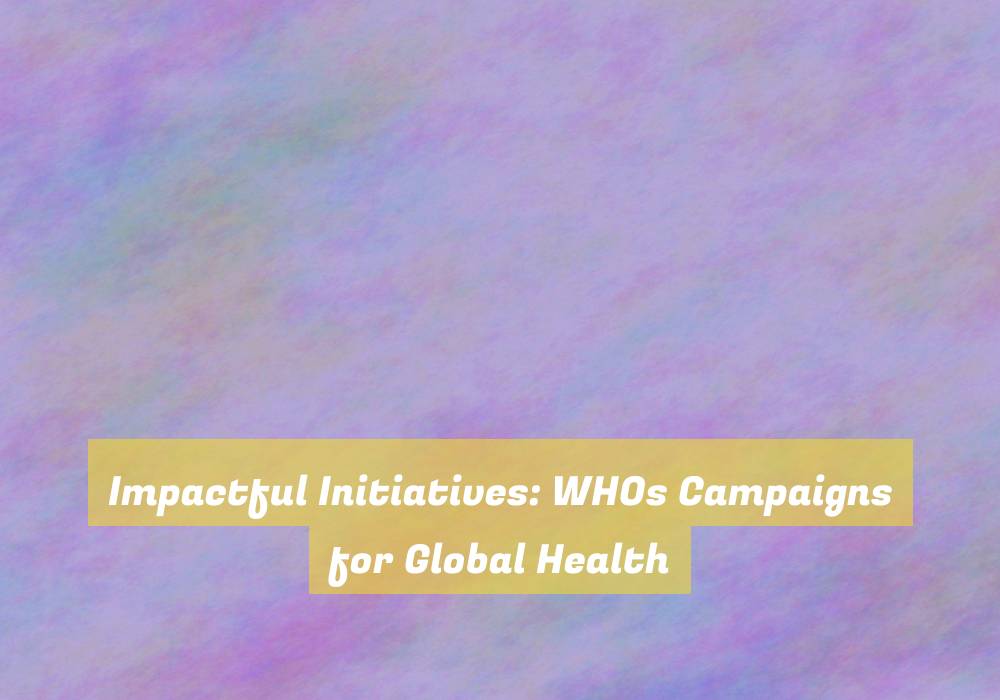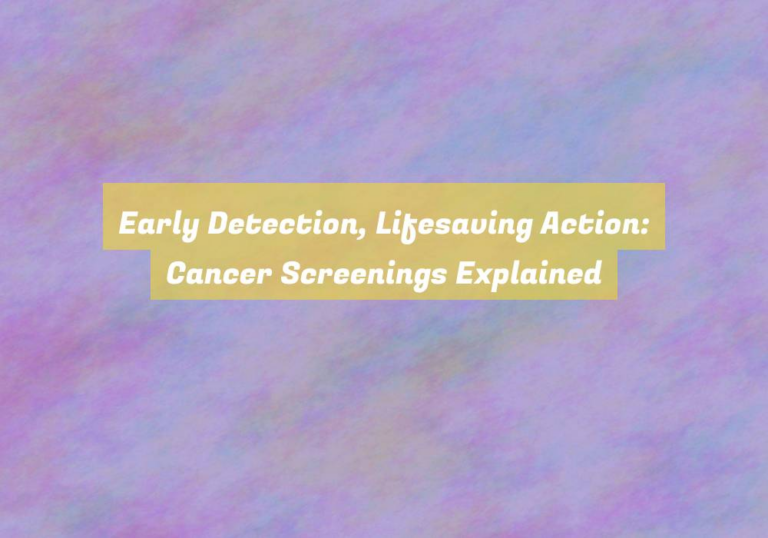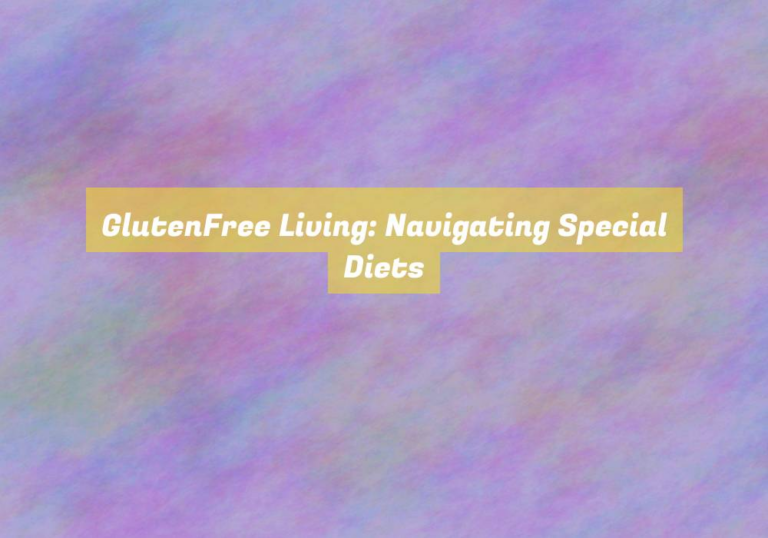Impactful Initiatives: WHOs Campaigns for Global Health
Imagine the World Health Organization as a gardener, carefully tending to the diverse and interconnected garden of global health.
With each campaign and initiative, the WHO seeks to nurture and protect the delicate ecosystem of human well-being.
From eradicating infectious diseases to promoting universal healthcare, these initiatives are the seeds of change in the garden of global health.
But how exactly do these campaigns take root and flourish in the complex landscape of international health?
Understanding the impact of these initiatives requires a closer look at the WHOG??s tireless efforts to cultivate a healthier world for all.
Eradicating Infectious Diseases
You can support WHOG??s campaigns for global health by taking steps to eradicate infectious diseases in your community. Start by promoting vaccination programs and ensuring that everyone in your community is aware of the importance of immunization. Encourage your neighbors to participate in regular health screenings to detect and prevent the spread of infectious diseases. Additionally, you can organize educational workshops to raise awareness about proper hygiene and sanitation practices, which are crucial in preventing the transmission of infectious diseases.
Supporting local healthcare facilities and organizations that work towards eradicating infectious diseases is another impactful way to contribute. You can volunteer your time, donate funds, or simply spread the word about their initiatives. By advocating for proper waste management and clean water supply in your community, you can help prevent the spread of water-borne diseases. Furthermore, promoting responsible antibiotic use and discouraging the sharing of prescription medication can play a significant role in combating the rise of drug-resistant infections.
Your proactive efforts in eradicating infectious diseases in your community are vital to supporting WHOG??s global health campaigns and creating a safer, healthier world for everyone.
Advancing Vaccination Programs
To advance vaccination programs, ensuring widespread access to vaccines and promoting education about their benefits is essential for improving public health. Vaccines are one of the most cost-effective ways to prevent diseases and save lives. By expanding access to vaccines, especially in low and middle-income countries, we can protect millions of people from debilitating illnesses and reduce the burden on healthcare systems. ItG??s crucial to address barriers to access, such as cost, geographical limitations, and misinformation. By working with local communities, healthcare providers, and governments, we can ensure that vaccines reach those who need them the most.
Education plays a vital role in dispelling myths and misconceptions about vaccines. ItG??s important to provide accurate information about the safety and effectiveness of vaccines to counteract misinformation that may lead to vaccine hesitancy. By engaging in public awareness campaigns and empowering healthcare professionals to communicate effectively with patients, we can build trust in vaccination programs and encourage higher uptake rates.
Promoting Universal Healthcare
Expanding access to vaccines has paved the way for advocating universal healthcare, ensuring that everyone can receive essential medical services without facing financial hardship. By promoting universal healthcare, the World Health Organization (WHO) aims to guarantee that individuals and communities have access to the healthcare services they need, including prevention, promotion, treatment, rehabilitation, and palliative care, without suffering financial hardship.
This initiative encompasses a broad range of services, from health promotion and disease prevention to treatment, rehabilitation, and palliative care. Universal healthcare isnG??t just about providing access to medical services; it also involves ensuring that the quality of care is consistent and meets established standards. It requires a strong, well-functioning healthcare system that can deliver services to all, without discrimination.
Universal healthcare is essential for achieving sustainable development goals and ensuring health and well-being for all, regardless of their economic status. ItG??s a fundamental human right and a key component of building resilient and inclusive health systems.
Addressing Global Health Inequalities
Addressing global health inequalities requires a comprehensive understanding of the social, economic, and environmental factors that contribute to disparities in access to healthcare. ItG??s crucial to recognize that individuals from marginalized communities often face barriers to healthcare due to poverty, discrimination, and lack of education.
The World Health Organization (WHO) has been actively working to address these disparities by advocating for policies that promote equitable access to healthcare services. This includes initiatives to improve healthcare infrastructure in underserved areas, increase healthcare workforce diversity, and provide targeted support for vulnerable populations.
In addition to addressing immediate healthcare needs, itG??s essential to tackle the root causes of health inequalities. This involves collaborating with governments, NGOs, and local communities to implement sustainable solutions that address social determinants of health such as housing, sanitation, and education.
By fostering partnerships and mobilizing resources, WHO aims to create lasting change and reduce the disparities that prevent millions of people from accessing essential healthcare services.
Ultimately, addressing global health inequalities requires a multifaceted approach that tackles systemic issues while also providing immediate support to those in need. ItG??s a complex but crucial endeavor that demands ongoing commitment and collaboration from all stakeholders involved in global health initiatives.
Conclusion
YouG??ve learned about impactful global health initiatives that are making a difference in the world. By eradicating infectious diseases, advancing vaccination programs, promoting universal healthcare, and addressing health inequalities, these campaigns are improving the health and well-being of people worldwide.
Keep supporting these initiatives and spreading awareness to make a positive impact on global health. Together, we can create a healthier and more equitable world for everyone.






